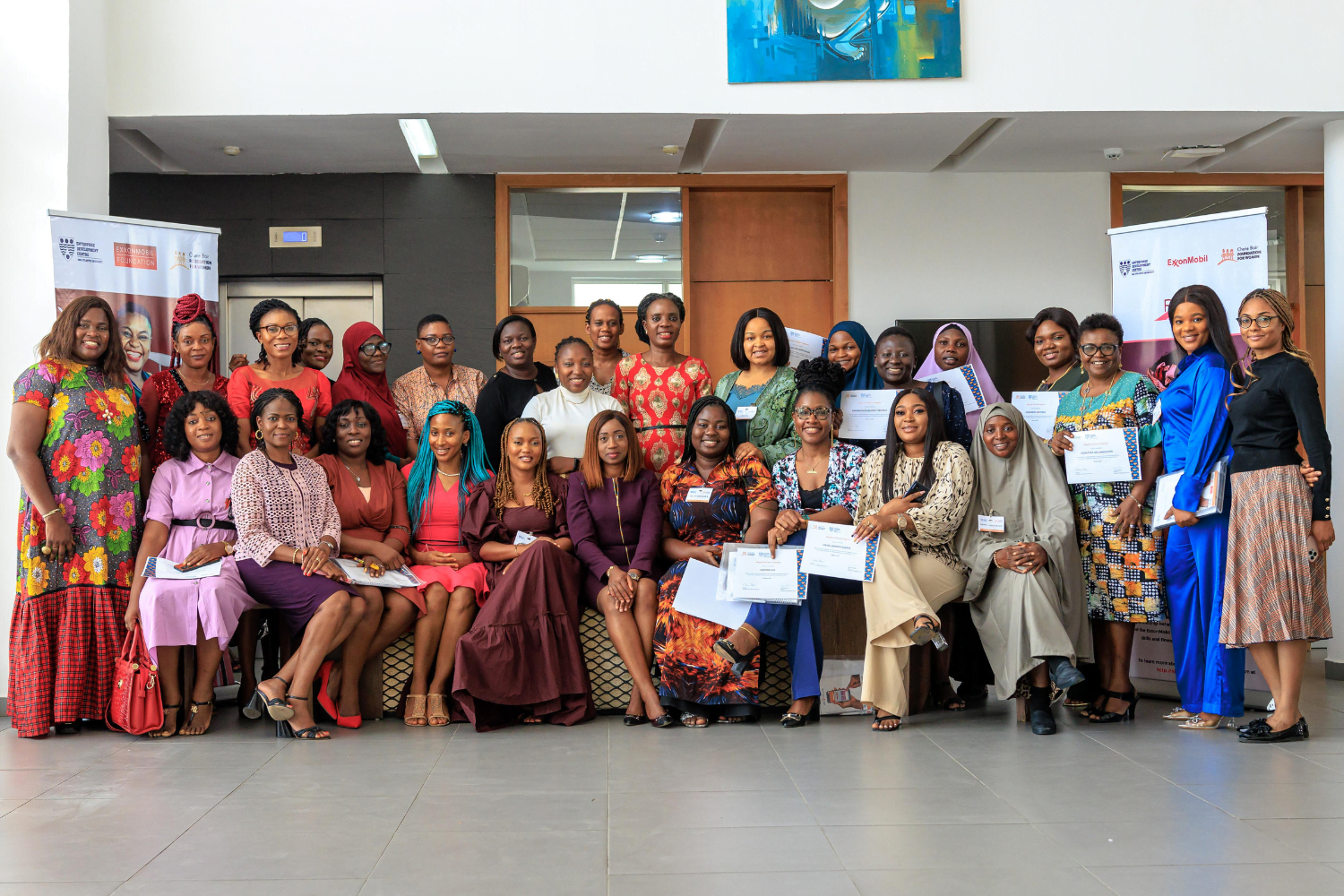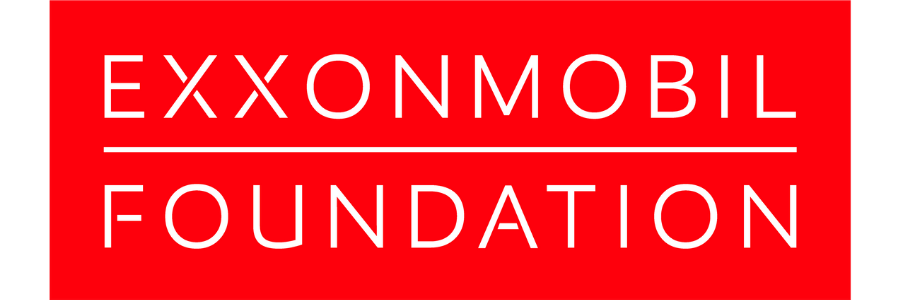Closing Nigeria’s gender gap in business finance
Following an external evaluation, we’re pleased to share the fantastic impacts of our Road to Finance programme in Nigeria.

In 2022, thanks to funding from ExxonMobil Foundation, we piloted our Road to Finance programme in Nigeria—delivered with partner Enterprise Development Centre. Following an external evaluation, we’re pleased to share the project’s fantastic impacts.
Our Road to Finance programme supports ambitious women in Nigeria to build their skills and confidence in order to successfully secure finance, grow their businesses and achieve their potential. Through four weeks, with additional self-paced learning online, women can access step by step guidance on how to get funding for their business.
After the programme’s first year in Nigeria, 60% of the 56 participants applied for finance and the majority of these were successful.
Other key achievements from participants include:
93% increased their business’ revenue and profit
86% improved their financial literacy
83% increased confidence in business management
73% engaged with financial institutions
Women entrepreneurs that we work with all over the world tell us that accessing finance is their biggest challenge in starting and growing their businesses. In Nigeria, around 40% of newly created businesses are woman–owned, yet there is a huge gender gap in accessing financial products and services, which means women are less able to start, sustain and grow their businesses.
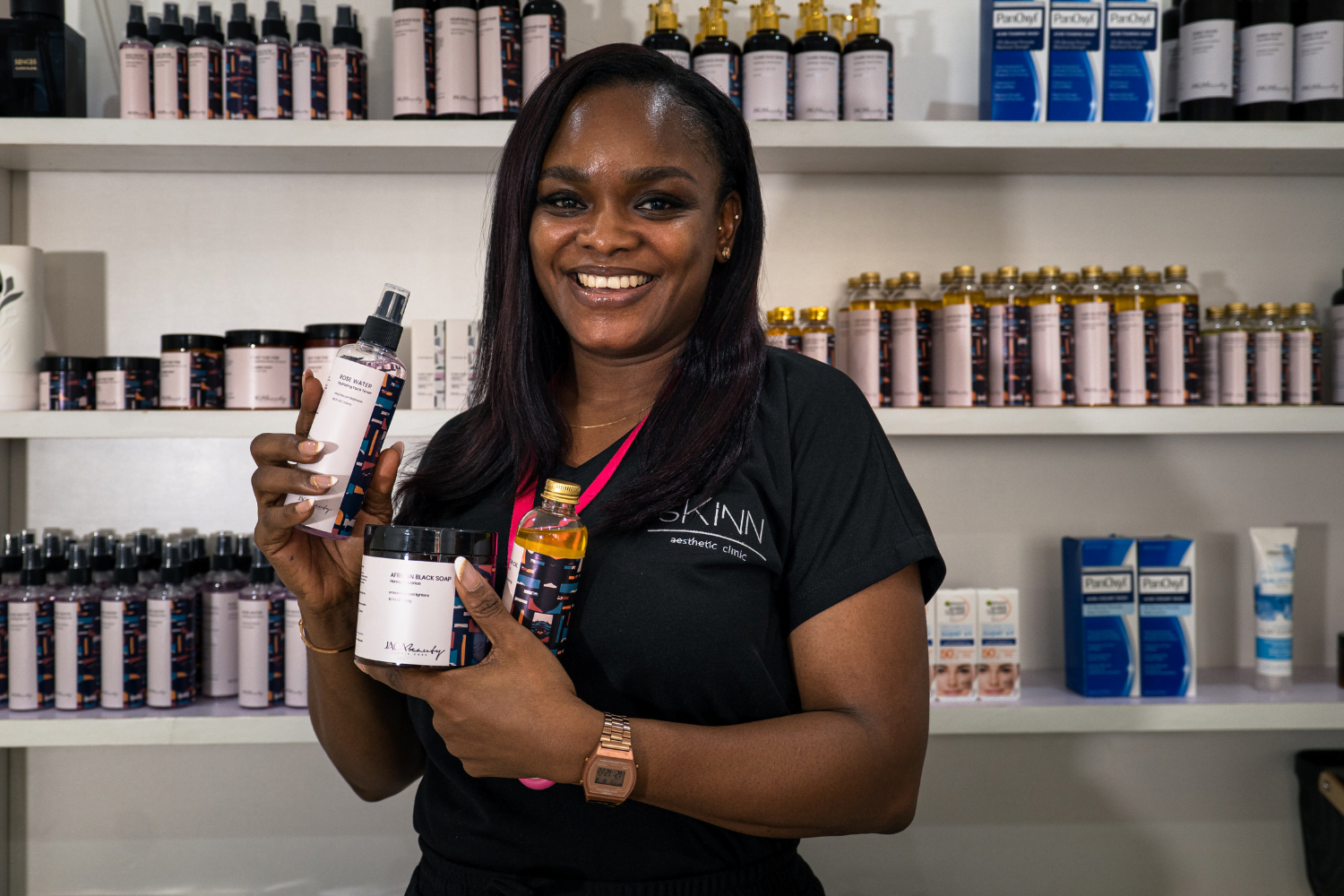
Systemic barriers like gender stereotypes, biased systems and processes, high interest rates, stringent requirements, collateral demands and long-processing times, as well as a lack of knowledge and confidence all contribute to this gap.
Being a female entrepreneur in Nigeria is challenging. One of the major challenges is the lack of funding. Big money goes to the men because there is a belief here that women shouldn’t run large businesses.
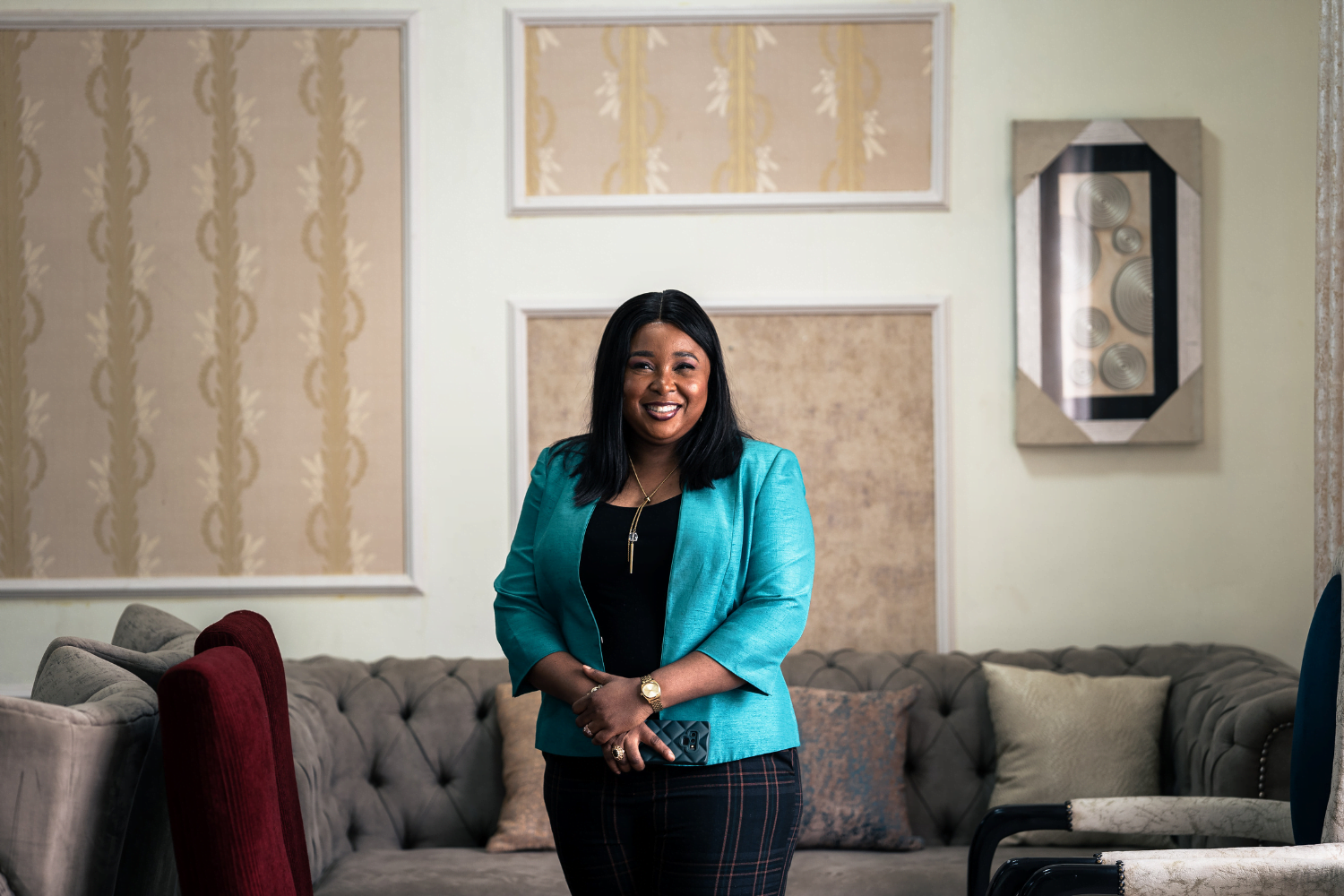
We’ve seen from the women in our programmes that when supported to access finance, women entrepreneurs are able to thrive in business and create a ripple effect of impact. Their businesses create jobs in their communities and boost their local economies.
By succeeding in business, they are also challenging gender stereotypes about women-owned businesses being bad investments. This paves the way for a brighter future for women entrepreneurs.
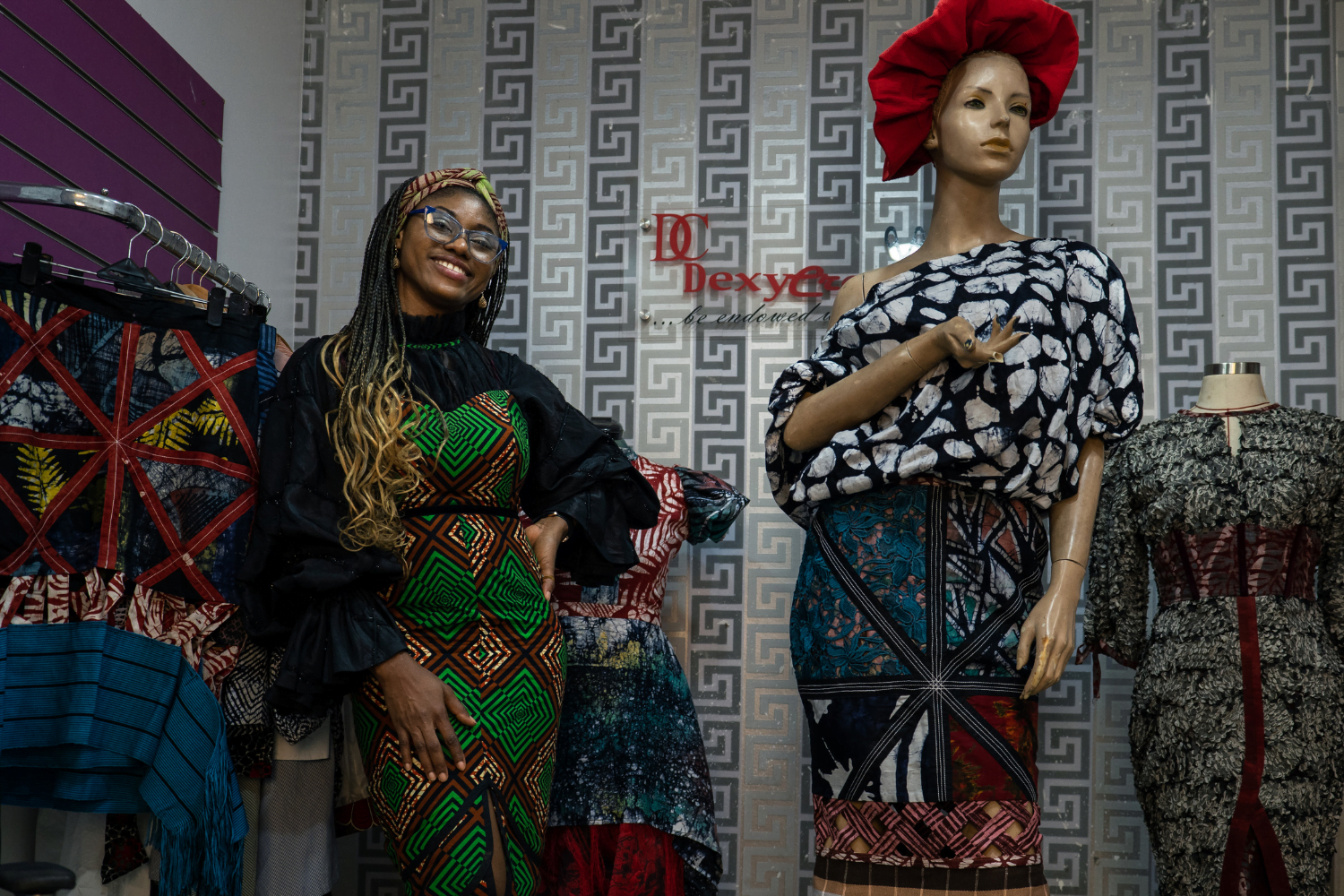
The Road to Finance program enabled me to approach financial institutions and access finance. I had never done that before, but with the increased financial literacy I had developed on the course, I was able to take that risk and it really paid off.
